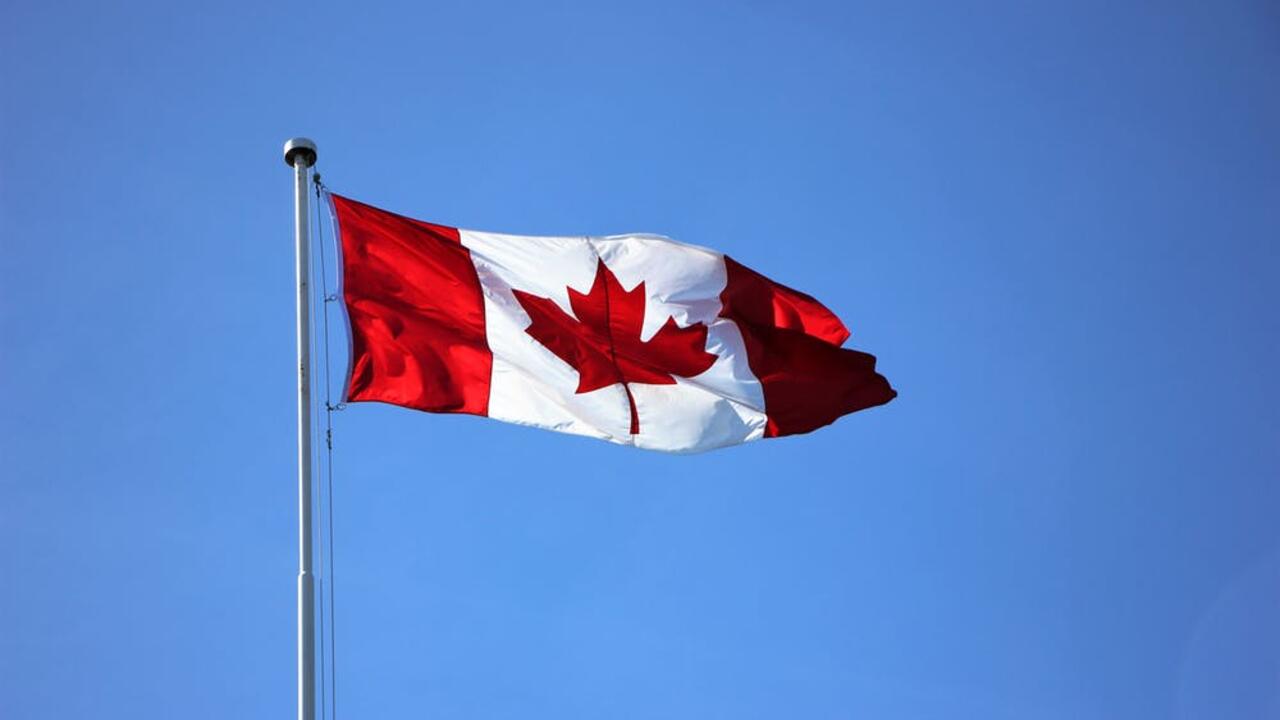What does the current parliament look like?
Regular sessions of Parliament were suspended until September in favour of allowing a special COVID-19 committee to hold hearings through June. This committee means the government has still faced questions from opposition members, but because it is not a proper sitting of Parliament a whole host of normal processes and powers are lost, including the introduction of private member's bills or the use of opposition days, allowing the other parties to occasionally set the agenda. In short, the government has opposed using virtual tools to allow Parliament to fully function.
Do you think virtual sittings are here to stay?
No. While some remote participation will likely continue for the life of the pandemic, once things return to normal, I fully expect Parliament will return to its in-person sittings. This is appropriate. The full give-and-take of an in-person Parliament can't be fully replicated by virtual tools. The virtual enhancements could help to facilitate Parliament's full functioning on an emergency basis, and even in this context the government has resisted implementing the full range of tools, such as remote voting by members.
What does the move toward virtual mean for our democracy? Is it good, bad, neutral?
In one respect, it would have been beneficial if Parliament had fully embraced virtual tools during the pandemic. The government, to a degree, escapes full accountability by refusing to permit a regular sitting of Parliament with members empowered with their full range of privileges, including the capacity to introduce private member's bills and to vote remotely. Despite a report of the House Committee on Procedure, the government effectively suspended Parliament during the summer months. On the other hand, virtual options are not an appropriate measure in the long-term. They should be reserved for times when Parliament cannot safely meet in full in person, or perhaps to facilitate member participation in special circumstances (such as parental leaves, etc.).
The University of Waterloo has a number of experts available for comment on various aspects of the COVID-19 pandemic, click here to see the up-to-date list.








